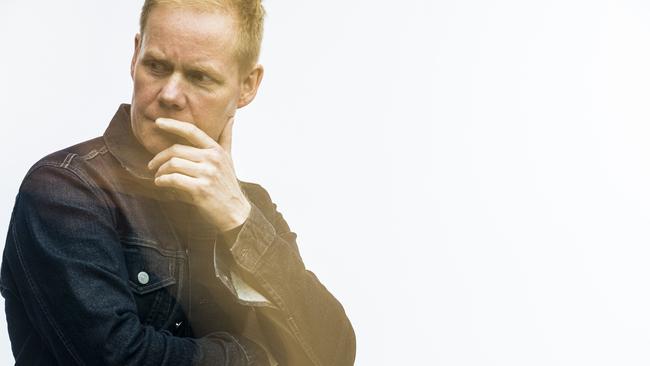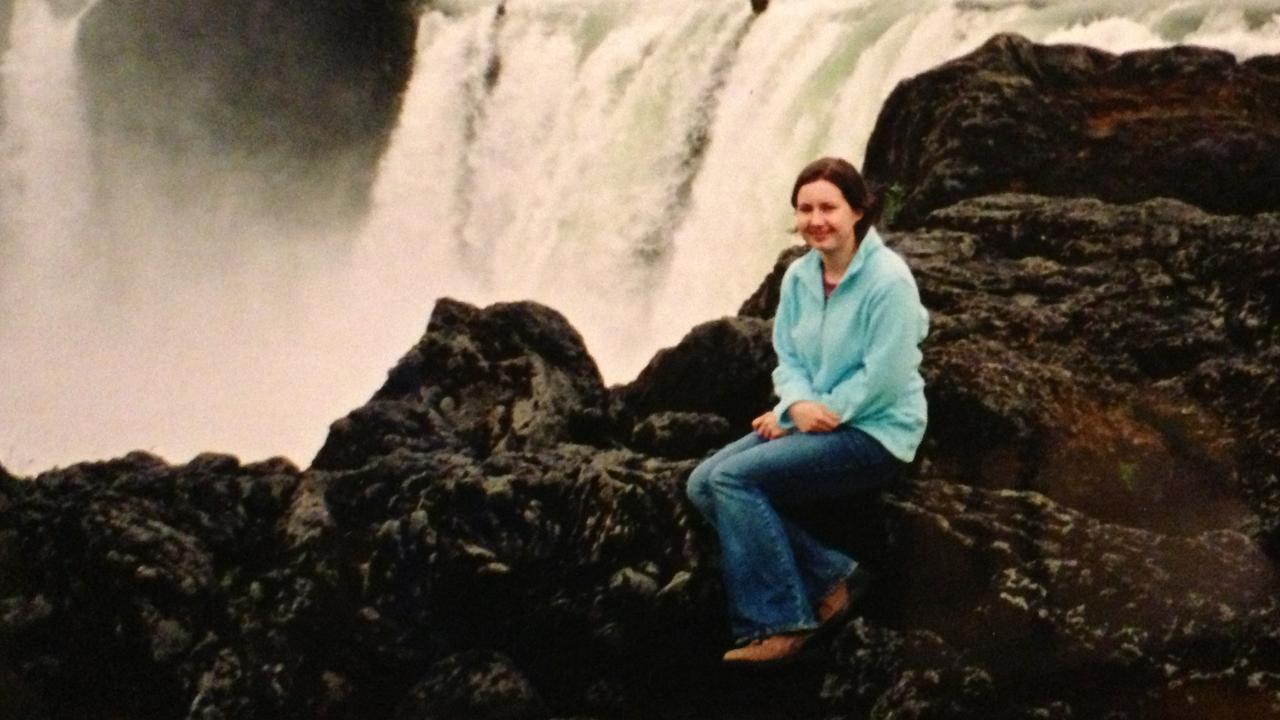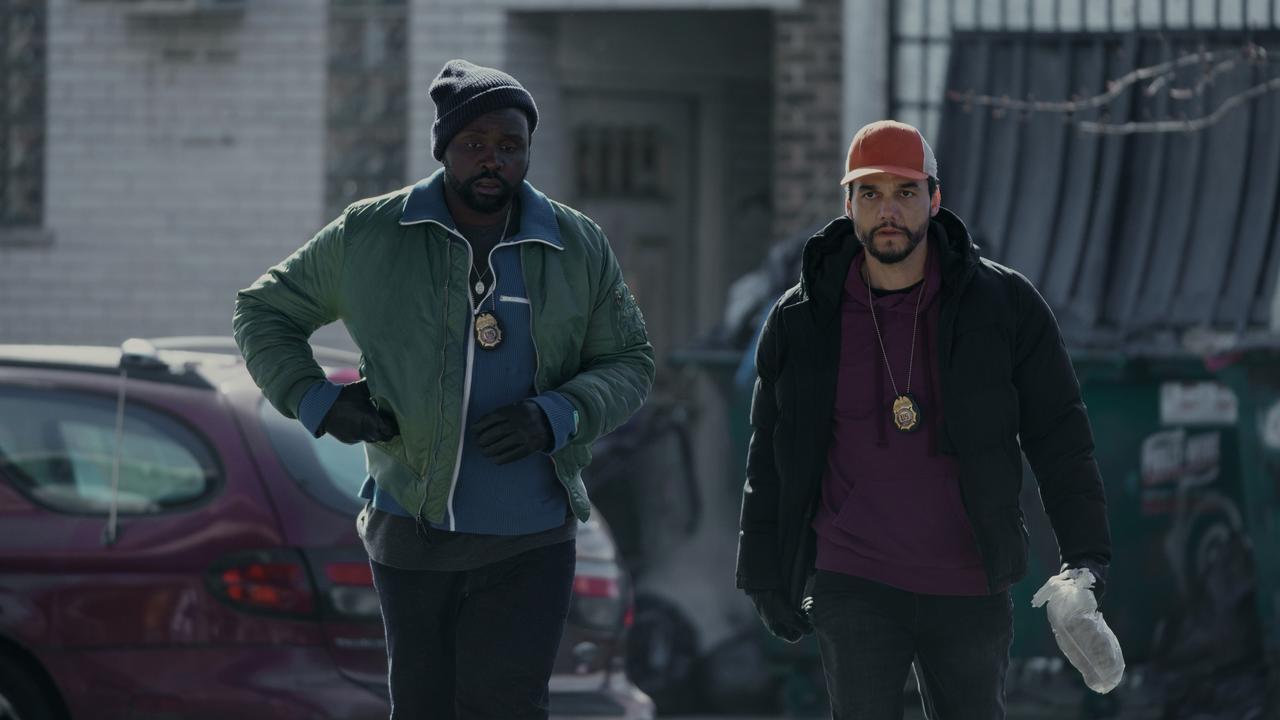Max Richter on sharing his creative life with Yulia Mahr
How do their three children feel about mum and dad working together on their art? “Well, it has been noted by them that we’re not normal people,” said Richter with a laugh.

For today’s cover story, I was thrilled to have the chance to speak with Max Richter, the British-based composer whose music has been particularly meaningful to me in recent years. As I write near the end of the piece, Richter considers his newest work Voices – an album centred around the Universal Declaration of Human Rights – to be a baby he shares with Yulia Mahr, his creative partner and life partner of 25 years, who has been developing visuals to accompany his music. Rather than spending a day in the studio then coming home to someone who doesn’t understand the creative process – which is a dynami that I know some artists prefer – he can instead speak the same sort of language with her. In fact, the composer finds that much of his work is informed by conversations with Mahr over the kitchen table.
But besides Voices, the couple also have actual babies: three children, now teenagers. How do they feel about mum and dad working together on their art? “Well, it has been noted by them that we’re not normal people,” said Richter with a laugh. “That has been expressed. But they’re very tolerant of us, really.”
This shared dynamic between the composer and his visually-minded partner reminded me of a recent missive from Nick Cave’s email newsletter, The Red Hand Files, where he reflected on collaborating with his wife, Susie – who is credited as creative director on Idiot Prayer, Cave’s impressive solo concert film which screened online for one night only on Thursday.
“I have been married to her for over 20 years, and our marriage itself is an ever-evolving alliance or collaboration,” Cave wrote of his wife. “The work that we do — Susie with [fashion label] The Vampire’s Wife, and me with my own work — is a form of self-actualising that emerges out of the energy our relationship. It is not that I discuss my lyrics with her, rather my lyrics radiate from a life lived together. My words are not just a way of making sense of our relationship, they also participate in it, magnify it, and enhance it.”
When I spoke with Richter via Zoom earlier this month, I had to confess to the maestro that it was his music – specifically his score for the incredible TV series The Leftovers – that my wife and I chose as the delivery room soundtrack for the arrival of our son, Hunter, last year. “That’s wonderful,” he replied with a smile. “I’ve always retained the feeling of gratitude that anyone’s paying attention at all, really. I do not take it for granted that anyone listens. The ability to communicate and tell stories is incredibly precious, I think, because those sorts of connections are how we figure stuff out.”
mcmillena@theaustralian.com.au




To join the conversation, please log in. Don't have an account? Register
Join the conversation, you are commenting as Logout